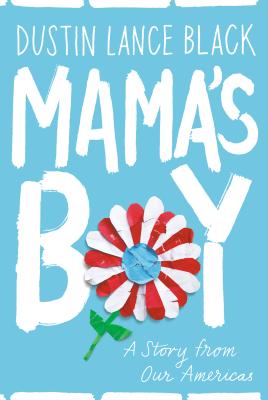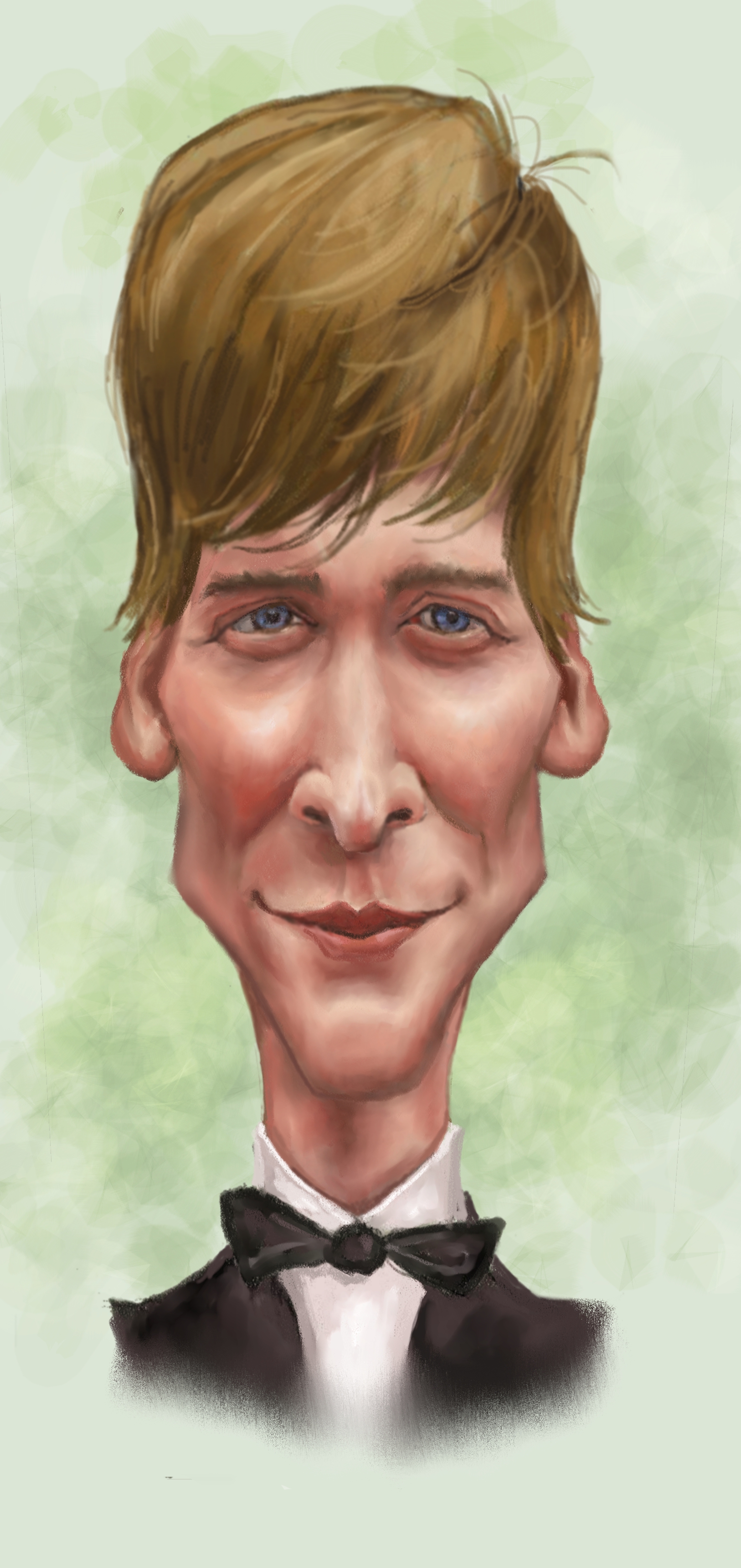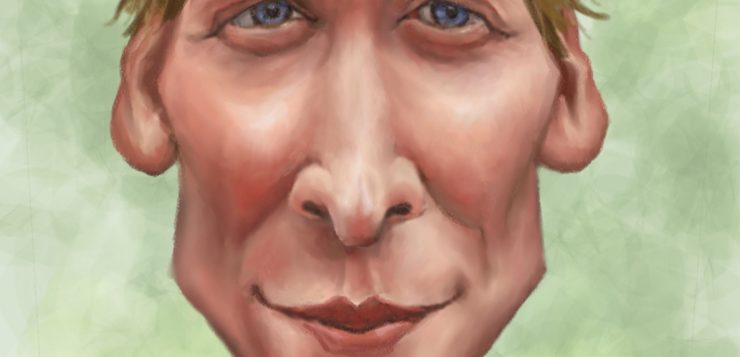 Mama’s Boy: A Story from Our Americas
Mama’s Boy: A Story from Our Americas
by Dustin Lance Black
Knopf. 406 pages, $27.95
FROM the opening pages of this heart-felt memoir, Mama’s Boy: A Story from Our Americas, by Dustin Lance Black, we learn that it is not only a story about his life’s journey but also of his mother Anne and her remarkable life story. While Black has been famous ever since he won an Oscar for his screenplay of Milk (2008), his mother was not well known. But her story is brave and exceptional, proving that you don’t have to be famous to be inspiring.
Born to a deeply religious and impoverished family in Louisiana, Rose Anna Whitehead was stricken with polio when she was two years old. After enduring numerous surgeries on her legs and spine, she was finally able to walk with the help of leg braces and crutches. Told she would never be able to have children and that her hopes for marriage were slim, she would defy all that.
Throughout all their trials, she provided a safe haven for her sons, especially Lance. Writes Black: “Neither of us was a particularly good fit for this world. So, we became masters at transporting ourselves to other worlds. Her hopeful stories were our escape. And so, I fell in love with the magic of storytelling.” The center of Black’s life was his family, especially his mother, and the Mormon Church, which, after her divorces, “circled their wagons around us. Without them, my mom likely would have lost us three boys to foster care.” It was through all this that Black realized the importance of family.
 As early as age six, Lance was aware that he was different. Sitting in church he heard the Mormon prophet say: “Next to sin of murder, comes the sin of impurity … ho-mo-sex-u-ality.” Black knew immediately that he was member of what he referred to as the “tribe” of homosexuality. As his awareness grew, he tended to withdraw, and rarely spoke in public. It would take years for him to deal with his sexuality. He soon realized that both he and his mother were considered different, he because of his sexuality, she because of her disability. Black wanted to keep his secret hidden, and his mother did not want hers openly acknowledged or pitied. “It would take many years before we’d both learn that our differences demanded to be seen, understood, and perhaps even celebrated.”
As early as age six, Lance was aware that he was different. Sitting in church he heard the Mormon prophet say: “Next to sin of murder, comes the sin of impurity … ho-mo-sex-u-ality.” Black knew immediately that he was member of what he referred to as the “tribe” of homosexuality. As his awareness grew, he tended to withdraw, and rarely spoke in public. It would take years for him to deal with his sexuality. He soon realized that both he and his mother were considered different, he because of his sexuality, she because of her disability. Black wanted to keep his secret hidden, and his mother did not want hers openly acknowledged or pitied. “It would take many years before we’d both learn that our differences demanded to be seen, understood, and perhaps even celebrated.”
When he finally came out to his mother, she asked him “Why would you choose this?” Although they had never openly discussed her disability, he looked down at her crutches and said, “Why did you choose those?” Black writes that it was an incredibly painful moment, that all the pretending vanished, and that his mother knew instinctively that neither one of them had any choice in these matters.
The family moved from Texas to California, where he found his way into the UCLA film school. This eventually led him into writing for the hit HBO series Big Love about Mormons in Utah. Inspired by a speech by Harvey Milk, he wrote the screenplay for Milk, which was turned down by Warner Brothers. So he took the project to activist Cleve Jones, who helped him pitch it to Gus Van Sant, and his destiny was sealed.
When Milk opened in 2008, California had recently passed Proposition 8, which overturned same-sex marriage. In his acceptance speech at the Oscars, Black vowed to fight for marriage equality in California and across the country. He recounts his decision to become an activist, his journey on this new endeavor, his arguments with LGBT moderates who at first resisted his insistence on full marriage equality, and the tension-filled fight for this goal.
Black reflects on his mother’s many admirable qualities: “Curiosity and compassion. Believing and fighting. Creating and fixing. Those combinations had defined her life. I knew the life I had to fight for, and the immeasurable building and fixing it would call for.” Anne was a loving, brave, compassionate woman, and Black has written a fitting tribute to her that recognizes her role in his own considerable accomplishments.
William Burton is a writer based in Provincetown, Mass.






